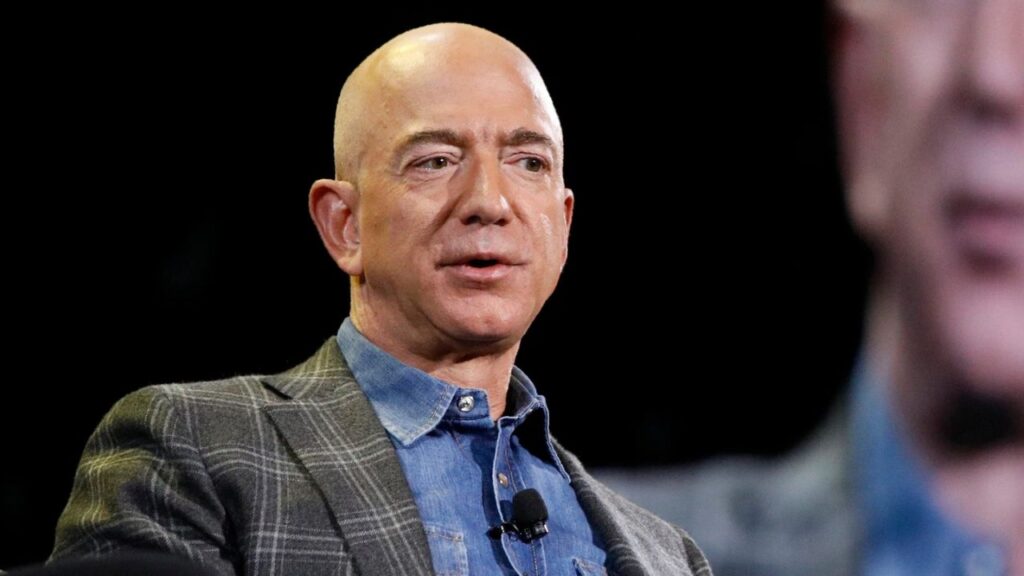The decision by the WaPo to not support a presidential candidate has been met with strong criticism from columnists and readers.
Readers, political insiders, and journalists are all incensed at The Washington Post’s shocking decision to not endorse a candidate in this year’s presidential election, making it the second-largest newspaper to do so after the LA Times.
Readers criticized the move on social media, in their inboxes, and email forums after it was revealed that owner Jeff Bezos had blocked Vice President Kamala Harris’s endorsement. They called it “cowardly” and “a betrayal of journalistic integrity.”
After columnist Robert Kagan quit, the decision was criticized, and 11 opinion writers wrote a unified statement denouncing it.
WaPo to not make presidential endorsement
“In this election, The Washington Post will not support a presidential candidate. Not in any presidential election in the future. In an October 25 editorial post, WaPo CEO William Lewis stated, “We are going back to our roots of not endorsing presidential candidates.”
William Lewis notes that the Washington Post’s decision to not support a candidate might be interpreted as either a non-partisan stance or as a subliminal “yes.” He emphasizes how this action aligns with the paper’s core values of integrity, bravery, and respect for the law.
Lewis discusses the Post’s history of endorsing people, beginning with Jimmy Carter in 1976, and observes that this choice has caused a great deal of controversy among the editorial staff, highlighting the distinct line that separates reporting the news from expressing personal opinions. “Our job at The Washington Post is to provide nonpartisan news for all Americans through the newsroom, and thought-provoking, reported views from our opinion team to help our readers make their own decisions,” the statement said.
Readers react to WaPo’s decision not to endorse either Trump or Harris
Major newspapers and media outlets have revealed their support more than a week before Kamala Harris and Donald Trump face off in the 2024 U.S. presidential election. Notable newspapers like the Winston-Salem Chronicle, New York Times, Boston Globe, The New Yorker, Denver Post, Las Vegas Sun, Los Angeles Sentinel, and Seattle Times are among the 80 publications endorsing the Democratic nominee. However, the New York Post, the Washington Times, and the Las Vegas Review-Journal have all endorsed Trump.
The media monk’s recent decision to withdraw from the endorsement infuriated, saddened, and frustrated readers of the Washington Post, one of the most read newspapers in America.
“I appreciate The Post’s efforts to highlight the candidates’ differences throughout this election cycle,” said New York reader Megan Frampton. “But it feels like avoiding responsibility to not support someone at such a crucial point.” According to Post’s opinion column, the reader went on, “And if you are going to stand behind that act of cowardice, please have the courage to be absolutely and unrelentingly truthful in your coverage in the last few days before we head to the polls.”
“The Post should have made the decision to not endorse in the presidential race months ago if it was going to do so on principle. According to Silver Spring’s Rita Whalen, this choice appears hasty and expedient. “Donald Trump is morally, intellectually, mentally, and emotionally unfit to serve as president,” the reader continued to criticize Trump in their response.
Readers are left wondering about the changing function of traditional editorial boards as The Post joins other publications, such as the Los Angeles Times, in avoiding endorsements. “What is the true purpose of The Post if it isn’t going to support presidential candidates, which is perhaps the most important role of an editorial board?” asked Marylander Sash Goswami.
Given the divisive nature of this election, many loyal readers anticipated that The Post, with its rich history and editorial influence, would adopt a firm position. However, some readers have referred to The Post’s decision to remain impartial as “cowardly” and “an abdication of responsibility.”
